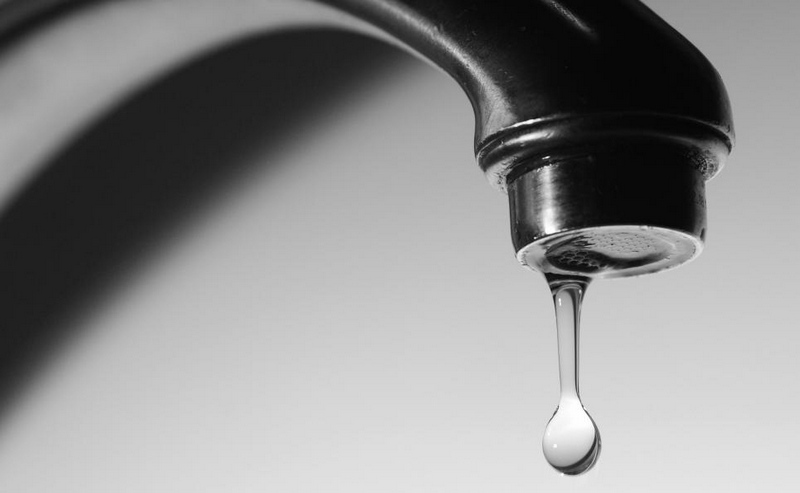Monday, December 26 2016
Are you a home owner looking to get yourself prepared for the winter season? Do you dread the thought of waking up in the morning to frozen pipes? If so, you aren’t alone. As a new or as a seasoned home owner, dealing with frozen pipes is never much fun. However, there are ways to minimize your chances of having to deal with frozen pipes and there are simple measures you can take to ensure that your home remains safe and warm even when the temperatures dip. At Barner Murphy we know that you want your family to be safe and warm when winter rolls in. Our dedicated team is here to help you with nay of the home winterization tips that you decide to implement. Hundreds of families all over the country have to deal with frozen pipes at some point, but most of the time this situation can easily be avoided. Rapid drops in temperature, poor insulation and thermostats that are not set high enough can all contribute to a situation that results in frozen pipes. By taking a few precautions, you can minimize your chances of having to deal with the hassle and the headache of frozen pipes in the dead of winter. Insulating your pipes is one of the best ways to decrease your chances of having frozen pipes. You can insulate any visible areas, and even insulate those spaces that you don’t typically see, such as crawl spaces or attic spaces. Any exposed pipes are susceptible to becoming frozen. One tip is to remember that the more insulation you can use, the less likely your chances are of having to deal with frozen pipes. Some people like to use heat tape or thermostatically controlled heat cables. You can simply follow the instructions and do the insulation yourself, or call Barner Murphy and have one of our experts come out to assist you.
Winter plumbing doesn’t have to be a hassle if you adhere to these suggestions. Sealing leaks is a good idea, too. Make sure that you check around any spaces where cold air can seep in, such as electrical wiring areas, dryer vents, and piping. You can use caulk or insulation to keep the cold air away from these susceptible spaces. Another helpful winter plumbing tip is to make sure that you disconnect all garden hoses and use an indoor valve if possible to turn off the water supply that leads outside. This will minimize your chances of having to deal with frozen pipes. Comments:
| ||||
 |





